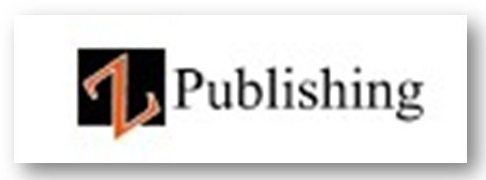Formerly titled: The musings of one who calls herself a writer and yet believes she is lying. (an excerpt)
I want to write something great. Maybe even more than great. Maybe something legendary. But that’s a long-term goal. Right now, I just want to get something published and hopefully make at least a little money from it. After that, I can aim for legendary. The problem is, I’m beginning to feel like those two things go hand in hand, and I’m not emotionally-mentally-physically-socially-spiritually prepared to write something legendary. I am prepared to write something completely, utterly ordinary. I can’t make the words do the thing. You know, the thing with the feels and stuff. I can’t seem to string together the right syllables to make the magic happen. Maybe that’s because I wasn’t allowed to read Harry Potter as a kid. Still haven’t read it. Something tells me that’s not really my problem.

I always said I wouldn’t let my writing depend on that fickle muse named Inspiration. She is not the boss of me. She is not the one who makes the words stream through my fingers like the blood that usually resides there. I can summon those words by sheer will. So I thought. Because I psych myself into sitting down to write and I think I can really do it today until I sit down at the keyboard and I only end up waxing poetic about not being able to write. If only I could get this published. Then, maybe, I could muster up the nerve to call myself a real writer. I mean, I do that anyway, but right now it feels like lying. When I haven’t written anything of substance in a month. When my blog has been neglected and what has been written for it is half-hearted to say the least. When my queried novel is going nowhere and my current project is stagnant and water-logged. When all I can seem to spill out onto the page is how I suck at writing. I mean heck, I could talk about this all day…
My senior year of high school, this kid wrote a love letter as his college admissions essay and got accepted with scholarship to every school he applied to. I write a novel for the purpose of it being a novel and I stay stagnant. Do not pass Go, do not collect $200. Stay put. Don’t get out of your comfort zone. Don’t talk to people. Don’t write things you’re scared to write. Don’t succeed. Don’t do anything. Don’t cut the things out of your life you really wish you could. Don’t move out don’t write something important don’t make real friends don’t casually not have to be productive 100% of the time don’t write just for fun. Don’t. Do. Anything.

My wheels are spinning and I’m going nowhere. See? I’ve resorted to writing clichés. I’ve written at least five in this short passage of annoyingly-single-spaced text. Gross.
I wish I could write like that one impressionist painting of a coffee cup: dark background, light foreground, simple-but-intricate subject. Beautiful.
I wish I could be that painting. I wish I could be in the museum in which that painting is held. It’s in Cambridge I think. I wish I could be there.












